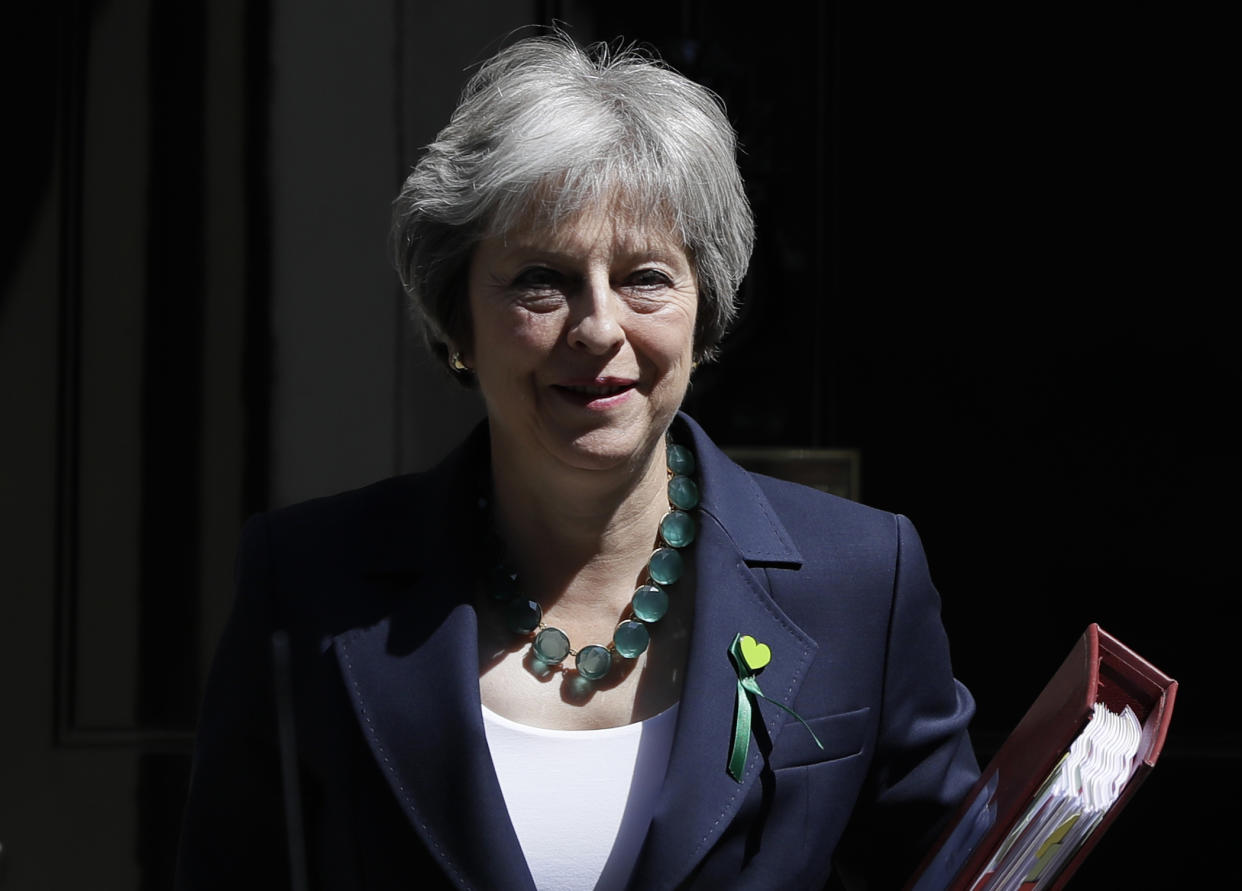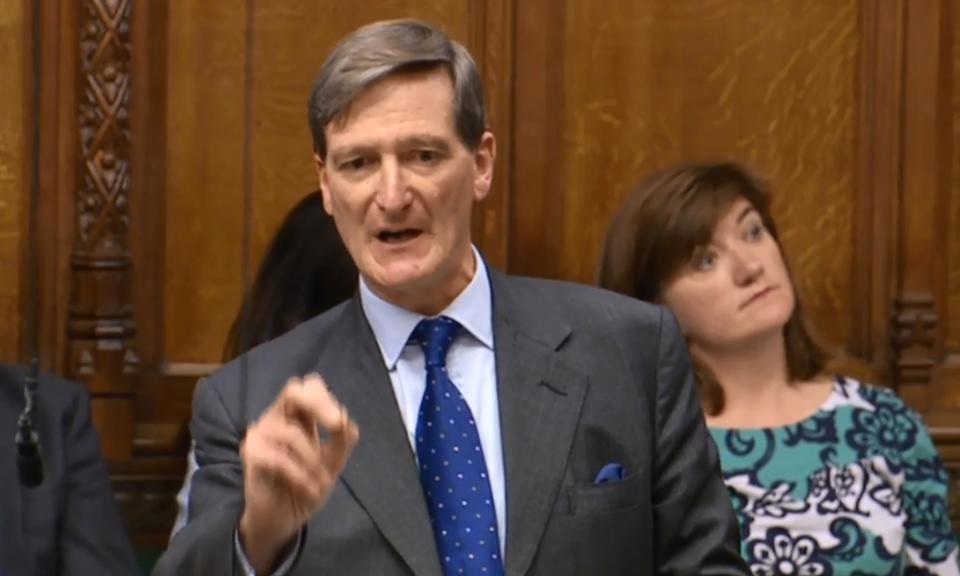Theresa May claims Brexit victory as lead rebel Remainer backs down ahead of showdown vote

Theresa May has seen off a backbench rebellion that would have given MPs more power to direct the government’s approach in the event of a no deal Brexit.
The PM secured a victory after an amendment on the issue of granting the Commons a ‘meaningful vote’ on the final Brexit deal was defeated by 319 votes to 303.
If the rebels had won, MPs would have been able to reject a no deal option and force ministers back to the negotiating table.
Number 10 was against the idea, saying it would curtail the UK’s negotiating power by removing the option of walking away from the table.
The PM’s win came after backbench rebels accepted an 11th-hour compromise on the amendment.
The Government had previously put forward a proposal allowing MPs to debate the final deal and then hold a symbolic vote, without giving them power to influence the government’s next move.
The concession now explains it will be for Speaker John Bercow to decide if amendments can be tabled to the ‘neutral motion’.
This opens up the possibility of giving the MPs power to decide the Government’s strategy if a deal is not reached.
Here’s the compromise or non-compromise pic.twitter.com/bLNJAJIZUM
— Laura Kuenssberg (@bbclaurak) June 20, 2018
However the compromise was widely seen as a symbolic gesture, and has been dismissed by Labour as meaningless. Four Tories still rebelled and voted against the government.
Lead rebel Dominic Grieve confirmed in the Commons that he would no longer be voting against the PM after receiving assurances from the cabinet.
Mr Grieve told the house: ‘Having finally obtained, I have to say with a little bit more difficulty than I would have wished, the obvious acknowledgement of the sovereignty of this place over the executive in black and white language I am prepared to accept the Government’s difficulty and support it.

‘I am prepared to accept the Government’s difficulty and in the circumstances to accept the form of amendment it wants.’
He told MPs that if unsatisfied with the deal, Parliament could issue a vote of no confidence or use other methods ‘to bring its very clear view to bear on the Government’.
His climbdown was met with groans from the Labour benches, after the shadow Brexit secretary Kier Starmer implored them to back his changes to the Government’s flagship Brexit bill.
MOST POPULAR TODAY ON YAHOO
Police arrest 23-year-old man after five injured in explosion at Southgate tube station
Watch this careless Yodel delivery driver hurl a box of china antiques down a flight of steps
Malmo shooting: Three dead after gunman opens fire on crowd celebrating World Cup win in Sweden
Council paints double yellow lines around pothole instead of fixing it
On the run: Britain’s most wanted murderer ‘spotted in Marbella, Thailand and Dubai’
The Prime Minister was facing a very real threat of defeat today as Remainers and Tory rebels threatened to vote her down .
The closeness of the vote meant that MPs who were ill and heavily pregnant were impelled to attend Parliament. The Tories also removed the convention of ‘nodding through’, which allows the votes of unwell politicians to count as long as they are present on the parliamentary estate.
Just saw very heavily pregnant Lib Dem deputy leader Jo Swinson – two days past her due date – walk down the corridor to vote on the EU withdrawal bill, looking not very thrilled to be there. Sometimes parliament can seem *very* archaic.
— Peter Walker (@peterwalker99) June 20, 2018
I’ve just seen a Labour MP in a wheelchair with a paper sick bucket looking in lots of pain after voting (because Tories refused MPs who r ill to vote from the car park). It was quite a sad sight.
— Sam Coates Times (@SamCoatesTimes) June 20, 2018
David Davis opened the debate, warning the divisions in Parliament have an adverse affect on the negotiations with the EU.
‘When they believe we might be forced to change our position to suit them, they stall,’ he said.
‘We cannot allow such an approach to become commonplace across all negotiations.’
Mr Davis said an amendable motion would still allow Parliament to direct how the Government should proceed, adding the Lords amendment could be used to ‘undermine the result of the referendum’.
He said: ‘Our amendment on the other hand is consistent with the notion that it’s right for Parliament to express its view but not to how to conduct itself in an international negotiation.
‘It passes the three tests set out by myself and the Prime Minister.’
The Prime Minister has warned against any moves to ‘tie her hands’ during negotiations with Brussels, saying that Parliament must not be able to ‘overturn the will of the British people’.

 Yahoo News
Yahoo News 

